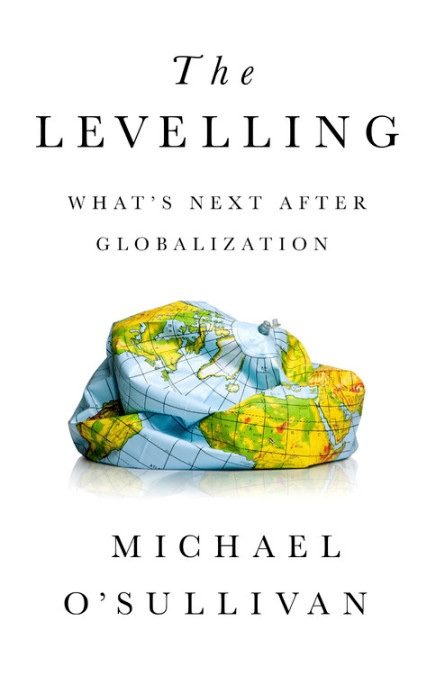
Adversity for some often breeds humanity in others. It was not the case last week when US Commerce Secretary suggested that the coronavirus sweeping China would help bring manufacturing jobs back to the US, and in doing so would further reset the trade relationship between the US and China.
The virus is the first major domestic crisis that the Chinese authorities have faced since perhaps, the mini economic crisis brought on by the side-effects of the global financial crisis. As such it is a policy test, and a watershed moment in the relationship between the Chinese Communist Party and the people it governs. In this respect, China may join other large countries or regions where the social contract between the people and those who govern them is being severely stressed.
In the UK, the social contract has been left in tatters by Brexit, in the US the idea of the ‘American Dream’ is undercut by falling human development rates and stark inequality, while in Europe there is general confusion on the part of the grass-roots as to what ‘European values’ are in a tangible sense. So far, Asian countries have done better here, Japan is an example.
China’s social contract, which uncharitably could be referred to as a Leviathan one, is simply put, an exchange of liberty for prosperity. It has held over the past thirty years, largely due to the prosperity and startling physical infrastructure development that the CCP have engineered and very tight political control. To date, most policy challenges have been met with success, to the extent that a long article in the New York Times in 2019 referred to China as the ‘land that failed to fail’.
Given the tragic human cost and the consternation that the coronavirus is causing, there are reasons to think of this as a watershed of sorts for policy in China.
One is that the spread of the virus may highlight the limits of high economic growth in China. The intensive movement of people within the country, urbanization and a hyper connected transport network are economic assets, but also pose risks. In his book ‘How Nature Works’ the Danish physicist Per Bak likens socio-economic systems to piles of sand.
The sand piles can continue to build until, upon the addition of a marginal amount of sand, they collapse. Similarly, cities and nations grow until that growth produces side-effects (the health scares in the rapidly urbanizing London of the mid 19th century that gave us the engineering genius of Joseph Bazalgette, are another example).
There will be many side-effects of the virus crisis. One may be an economic stimulus program that is focused on upgrading healthcare infrastructure and health related education in China.
Another aspect is diet. One of the first thematic investment notes I put together (some ten years ago) was on the topic of ‘Feeding Asia’, or rather how diet in countries like China would come to resemble that in the West and as a result how demand for dairy products, fruit, meat would go parabolic (it did for a while).
This particular crisis may see another step change in diet in China, toward – and I am speculating – synthetic meats, a stronger tendency towards organic foods, greater demand for seafood related foodstuffs and for vitamins/food supplements generally.
Two other related areas are worth thinking about. The first is how this crisis reflects on China’s ‘Leviathan’ approach to government. Has technologically enabled central control of society allowed the authorities to prevent the spread of the virus? Or will this episode begin to sow doubts in the minds of Chinese in the government’s ability to safeguard them. Relatedly, China’s social media networks have both spread alarming scare stories, whilst at the same time served to coordinate people and facilitate remote family get-togethers over the holiday period.
Concomitantly, the crisis will serve the interests of those factions within the Communist Party who on one hand argue for greater central control of Chinese society, versus those on the other who argue that the next phase in China’s development is, like the USA in the 1930’s, to deepen its social welfare system. As such, it will deepen the numerus rivalries and factions within the Party.
Finally, more broadly, a few weeks ago (‘Peak Markets, Peak Trump’, 12 January) I wrote about markets ability to coldly appraise the financial impact of events. They are doing so again now with the coronavirus crisis, though it seems to me that markets are primarily pricing the cost of firm’s reactions to the crisis (i.e. cancelled flights, disrupted supply chains).
Economically sensitive assets – government bonds, copper, oil are all much weaker, and in particular emerging market currencies look vulnerable. I suspect that volatility will continue to spill over to stocks, at least till we are in mid February. ‘Peak Markets’ ay have been the right headline after all, I still wonder about ‘Peak Trump’.
Have a great week ahead,
Mike
